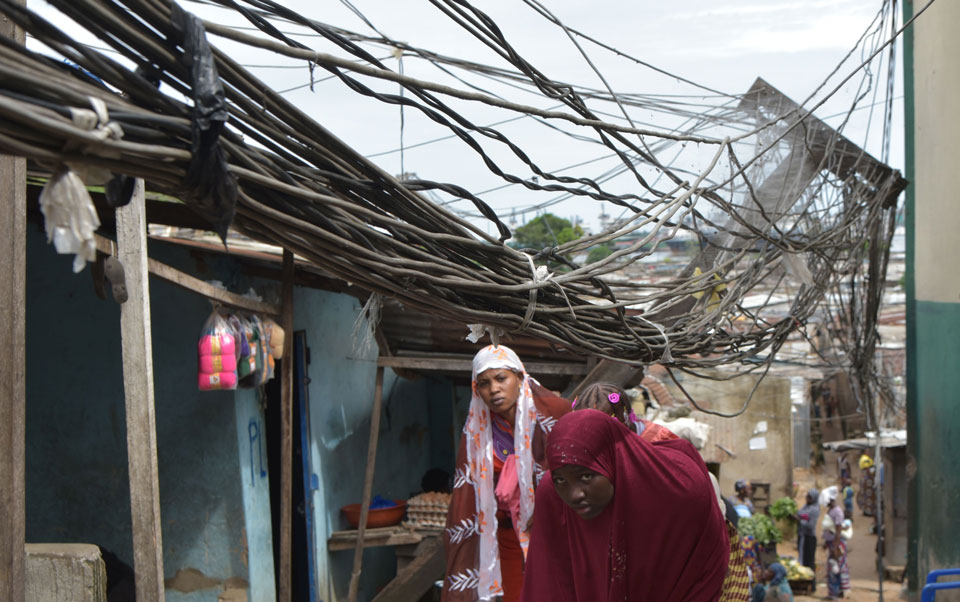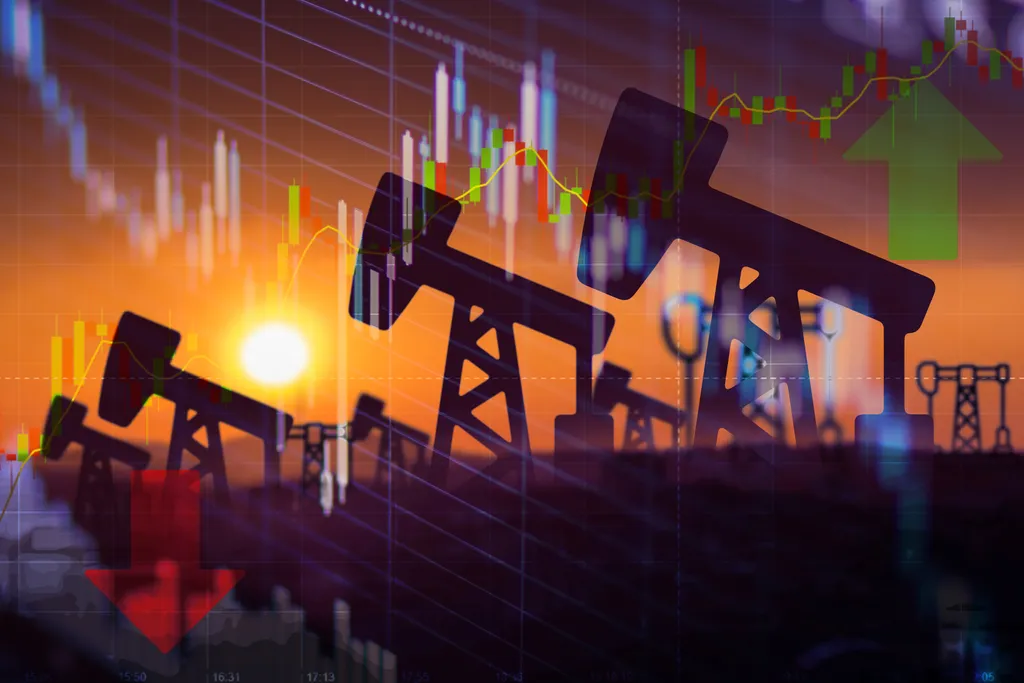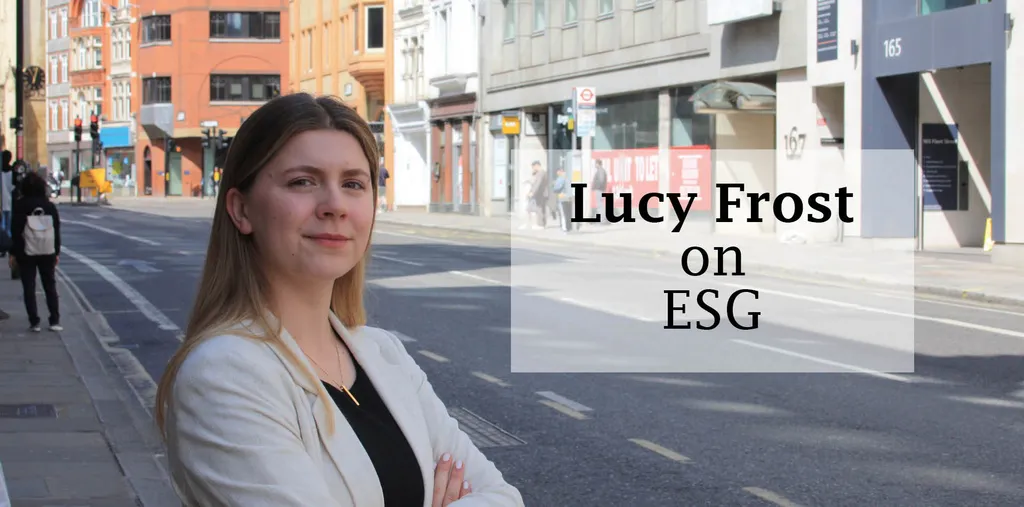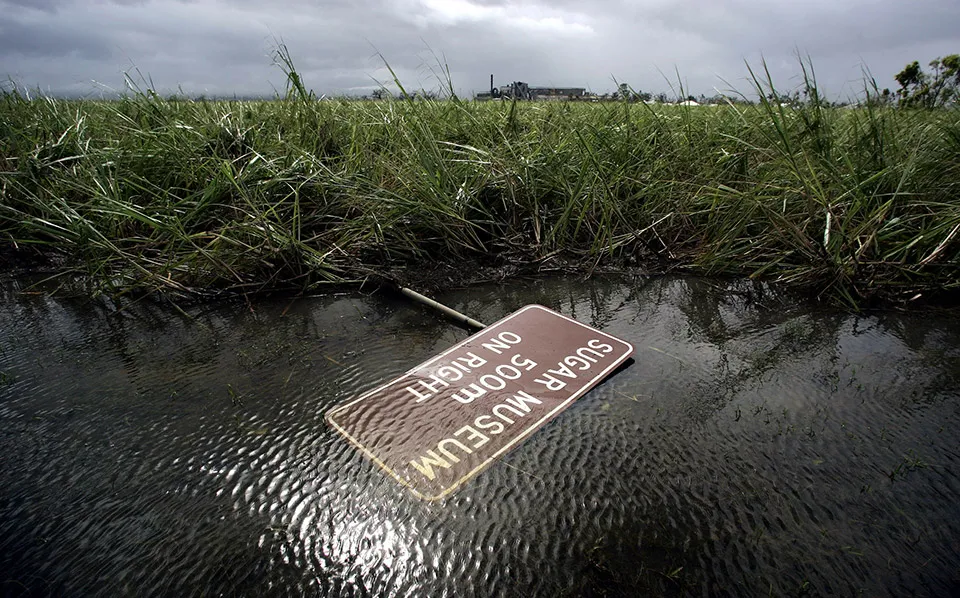Commodities

Capital markets
How BNP Paribas carved its niche in EV dealmaking

Corporate banking
Commodity hedging on the rise as elevated prices persist

Capital markets
BNPP Fortis’ Gijsels says the future is Latin American

Capital markets
West Africa looks to securitization for social issuance

Corporate banking
Trafigura diversifies funding to manage working capital

Sustainability
Banks must rethink their priorities on energy lending

Corporate banking
Commodities are a hedging challenge for corporates

Capital markets



